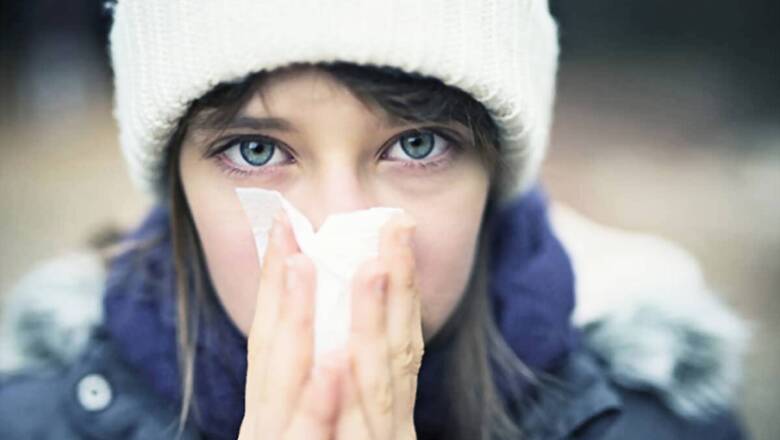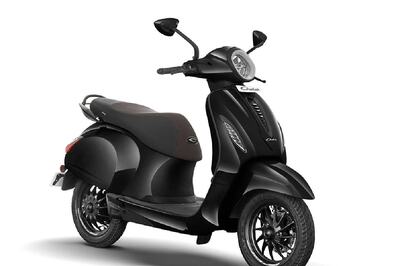
views
SARS-CoV-2 is the newest form of coronavirus that has affected humans in the form of COVID-19 disease. Till now, about seven strains of coronavirus (including SARS-CoV-2) have been detected in humans. Out of these, the four most common types of coronaviruses, that cause respiratory tract infections, are 229E and NL63 (alpha coronavirus) and OC43 and HKU1 (beta coronavirus). The other two virus strains MERS-CoV (beta coronavirus) and SARS-CoV-1 (beta coronavirus) are the more severe forms of coronaviruses which can be fatal.
In recent research, published in the journal Nature on 29th July 2020, scientists have found that people who have been infected with the strains of coronaviruses that cause the common cold may have immunity against the novel coronavirus.The study
For this research, scientists collected blood samples from 18 COVID-19 positive patients who were getting treated at the Charité-Universitätsmedizin Berlin hospital. The researchers also collected blood samples from 68 healthy people who had never been exposed to the novel coronavirus. The scientists then separated the immune cells from all the blood samples.
These blood samples were exposed to the spike proteins of SARS-CoV-2 virus. Spike proteins are the crown-like projections present on the outer surface of coronaviruses which allow the virus to enter the human cells. The test was done to find out whether the T-helper cells could get activated in case of this virus exposure.What are T-cells
When a foreign microorganism (any bacteria or viruses) enters the body, the immune system gets activated and sends macrophages to eat up the microorganism. From there, the microorganism gets broken up into small fragments which then present themselves as antigens. Then another type of immune cells called the T-helper cells to find these antigens and form antibodies against them. This immunity response also generates memory T cells in the body, so that whenever the same microorganism tries to invade the body again, the memory T cells recognise it and give a better and faster response against it.Results of the study
The results of the study showed that out of the 18 infected people, the blood samples of 15 people showed activation of T-helper cells after it was exposed to the virus. This result was somewhat anticipated by the scientists but the unexpected fact was that there was a presence of memory T-helper cells in 24 healthy patients (out of the 68) who had not been affected with COVID-19 infection. These memory cells were able to find the fragments of the virus in the blood samples and formed antibodies against SARS-CoV-2 virus in healthy patients.Conclusion
The scientists stated that all infected people did not show the T-cell activation because it is difficult to activate the T-cells outside the body during the severe phase of the illness.
The scientists further stated that healthy people were able to show activation of T-helper cells as they already had memory T-cells from being infected with the common cold coronaviruses. The scientists found that there was a similarity in the spike protein of common cold coronavirus and the novel coronavirus, which made the T-cells form antibodies against the SARS-CoV-2 virus.
The scientists concluded that the T-cells not only get activated by the exact microorganism but can also get activated by microorganisms with sufficient similarity, which is medically called cross-reactivity.
The scientists further stated that according to this study, common cold-causing viruses would be able to provide a certain level of immunity against SARS-CoV-2. This means that people who have had frequent exposure to such infections in the past, and who may turn out to be positive for cross-reactive T-helper cells, would have better protection.
Further studies such as the Charité Corona Cross Study are still in the process of finding out more about the correlation between the different strains of coronavirus.For more information, read our article on Coronavirus Infection.Health articles on News18 are written by myUpchar.com, India’s first and biggest resource for verified medical information. At myUpchar, researchers and journalists work with doctors to bring you information on all things health.




















Comments
0 comment